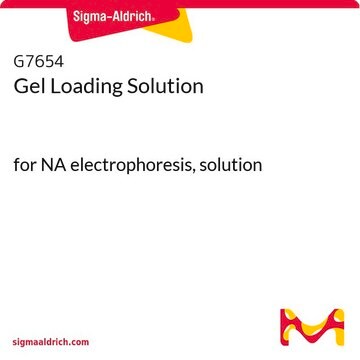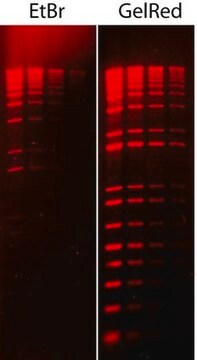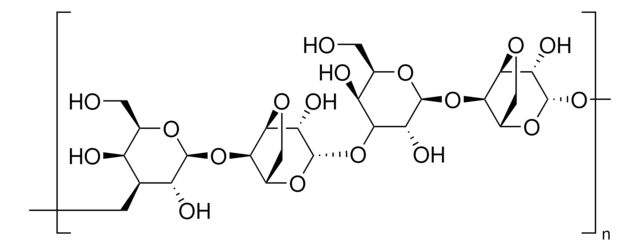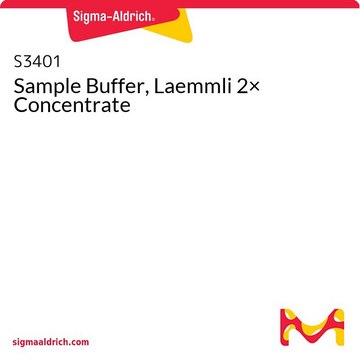G2526
Gel Loading Buffer
for NA electrophoresis
Synonym(s):
6X DNA loading buffer, 6X DNA loading dye, 6X DNA loading solution, agarose gel loading buffer, agarose gel loading dye, agarose gel loading solution, sample loading buffer, sample loading dye, sample loading solution
About This Item
Recommended Products
grade
for molecular biology
Quality Level
form
liquid
foreign activity
RNAse, none detected
storage temp.
room temp
Looking for similar products? Visit Product Comparison Guide
General description
Application
Biochem/physiol Actions
Components
Other Notes
related product
Storage Class Code
10 - Combustible liquids
WGK
WGK 1
Flash Point(F)
Not applicable
Flash Point(C)
Not applicable
Choose from one of the most recent versions:
Already Own This Product?
Find documentation for the products that you have recently purchased in the Document Library.
Customers Also Viewed
Protocols
The CRISPR (Clustered Regularly Interspaced Short Palindromic Repeats) system was discovered in bacteria, where it functions as an adaptive immune system against invading viral and plasmid DNA.
Related Content
Nancy-520 for DNA Detection and Quantitation
Our team of scientists has experience in all areas of research including Life Science, Material Science, Chemical Synthesis, Chromatography, Analytical and many others.
Contact Technical Service











